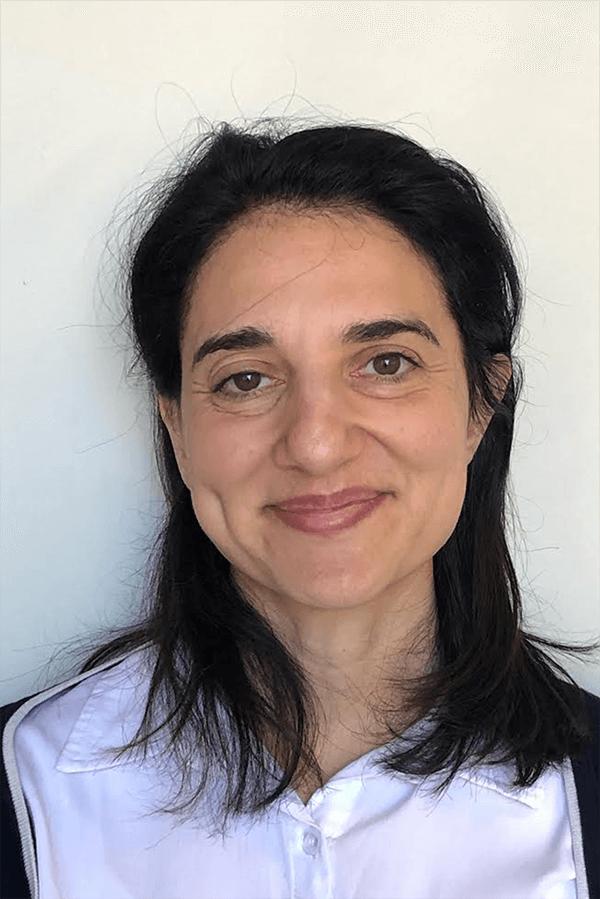New study challenges role of microbiome disruption

Credit: SA Health and Medical Research Institute (SAHMRI)
New research in BMC Cancer has shown myelosuppressive chemotherapy destabilises gut microbiome in patients with solid organ cancers.
The study from SAHMRI and Flinders University assessed the gut health of men and women who underwent conventional chemotherapy on cancers, such as breast and lung cancer, without exposure to antibiotics.
“We know that myelosuppressive chemotherapy reduces white blood cell count significantly during the first seven to 10 days of treatment, making the body more vulnerable to infection,” says lead author Dr Lito Papanicolas, an infectious diseases expert and clinical microbiologist.
“In this study we focused on how much the individual’s microbiome changed over this period, when the bacteria are most likely to cause infection.”
Analysis of participants’ gut microbiome prior to and during chemotherapy revealed significant changes. This included an including in bacteria that can cause serious and even potentially life-threatening infections in cancer patients.
While the trial demonstrated that microbiome was clearly altered, Dr Papanicolas says further research is needed to determine whether this disruption is in fact necessary for treatment to be effective.
“It could be that what we’re seeing is actually a good thing, because there’s a possibility that the change in microbiome triggers the body’s immune response to fighting cancer,” Dr Papanicolas says.
The findings have made a significant contribution to our ability to predict how an individual’s microbiome is going to respond to chemotherapy before it happens, she adds.
The SAHMRI Microbiome & Host Health laboratory, in collaboration with the Flinders Centre for Innovation in Cancer, will soon begin a larger study to examine whether changes in the gut microbiome during chemotherapy are linked to a patient’s risk of infection or response to treatment.
It’s hoped this research will allow clinicians to better tailor therapy to individual patients in order to improve treatment outcomes.
###
The paper, Conventional myelosuppressive chemotherapy for non-haematological malignancy disrupts the intestinal microbiome (2021) by Lito E Papanicolas, Sarah K Sims, Steven L Taylor, Sophie J Miller, Christos S Karapetis, Steve L Wesselingh, David L Gordon and Geraint B Rogers has been published in BMC Cancer 21, 591 (2021). DOI: 10.1186/s12885-021-08296-4
Media Contact
Dr Lito Papanicola
[email protected]
Related Journal Article
http://dx.




